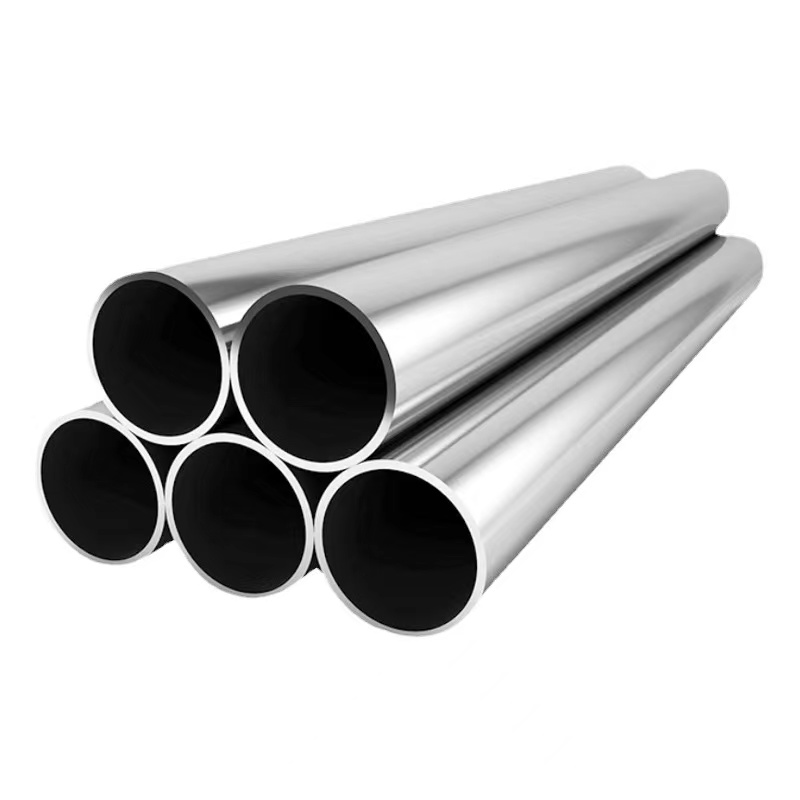The Difference Between Stainless Steel Welded Pipe And Stainless Steel Seamless Pipe

Stainless steel seamless steel pipe is a long steel with a hollow section and no joints on the periphery.
Stainless steel welded steel pipe is also a kind of hollow section steel, but it is welded by rolling a plate into a steel pipe,
so the welded steel pipe has a welding gap.
Features of stainless steel seamless pipe
First, the thicker the wall thickness of the product, the more economical and practical it is, and the thinner the
wall thickness,its processing cost will increase significantly; secondly, the process determines the product Its
limited performance, the general seamless steel pipe has low precision: uneven wall thickness, low brightness
inside and outside the pipe, high cost of sizing, and there are pits and black spots on the inside and outside that
are not easy to remove; third, it must be inspected and reshaped Offline processing. Therefore, it embodies its
superiority in terms of high-pressure, high-strength, and mechanical structural materials.
Types of stainless steel pipes
The rolling method is divided into hot rolling, hot extrusion and cold drawing (rolling) stainless steel pipe.
Stainless steel pipe specifications and appearance quality
A. According to the provisions of GB14975-94 "Stainless Steel Seamless Steel Tubes", the steel pipes usually have a
length (indefinite length) of hot-rolled steel pipes of 1.5~10m, hot-extruded steel pipes equal to and greater than 1m.
Cold drawn (rolled) steel pipes with a wall thickness of 0.5~1.0mm ,1.0~7m; For those with wall thickness greater
than1.0mm, 1.5~8m. Stainless steel welded pipe
B. There are 45 kinds of hot-rolled (hot-extruded) steel pipes with a diameter of 54-480mm and 36 kinds with a wall
thickness of 4.5-45mm. There are 65 kinds of cold drawn (rolled) steel pipes with a diameter of 6~200mm and 39 kinds
with a wall thickness of 0.5~21mm.
C. There should be no cracks, folds, cracks, cracks, rolling,delamination and scarring on the inner and outer surfaces of the
steel pipe. These defects should be completely removed (except for pipes for mechanical processing).
The diameter exceeds the negative deviation. Other minor surface defects that do not exceed the allowable negative deviation
may not be removed.
D. Allowable depth of straights. Hot-rolled and hot-extruded steel pipes, with a diameter less than and equal to 140mm,
not more than 5% of the nominal wall thickness, and the maximum depth is not more than 0.5mm; cold drawn (rolled) steel
pipes are not more than 4% of the nominal wall thickness,The depth is not more than 0.3mm. Stainless steel welded pipe manufacturer
E. Both ends of the steel pipe should be cut at right angles and burrs should be removed.

 Send Email
Send Email +86-17691203929
+86-17691203929